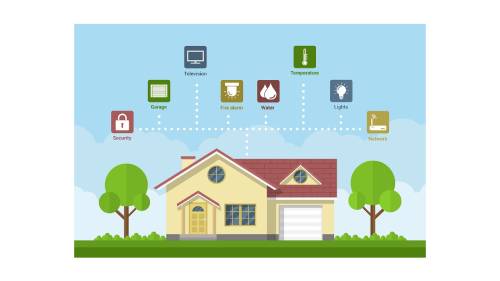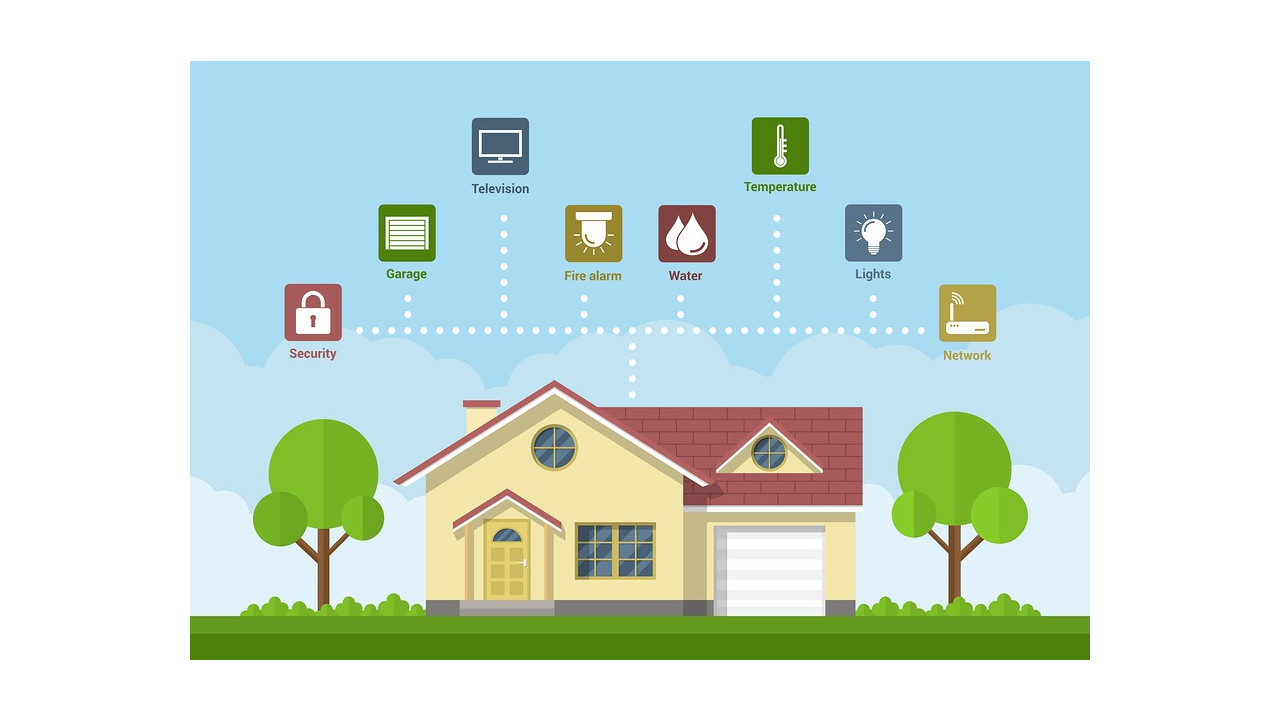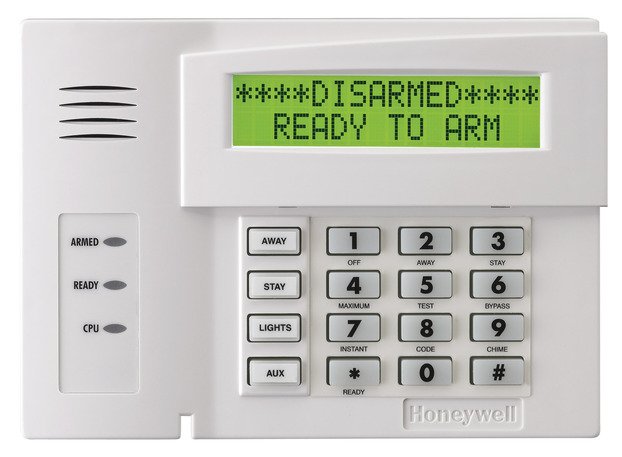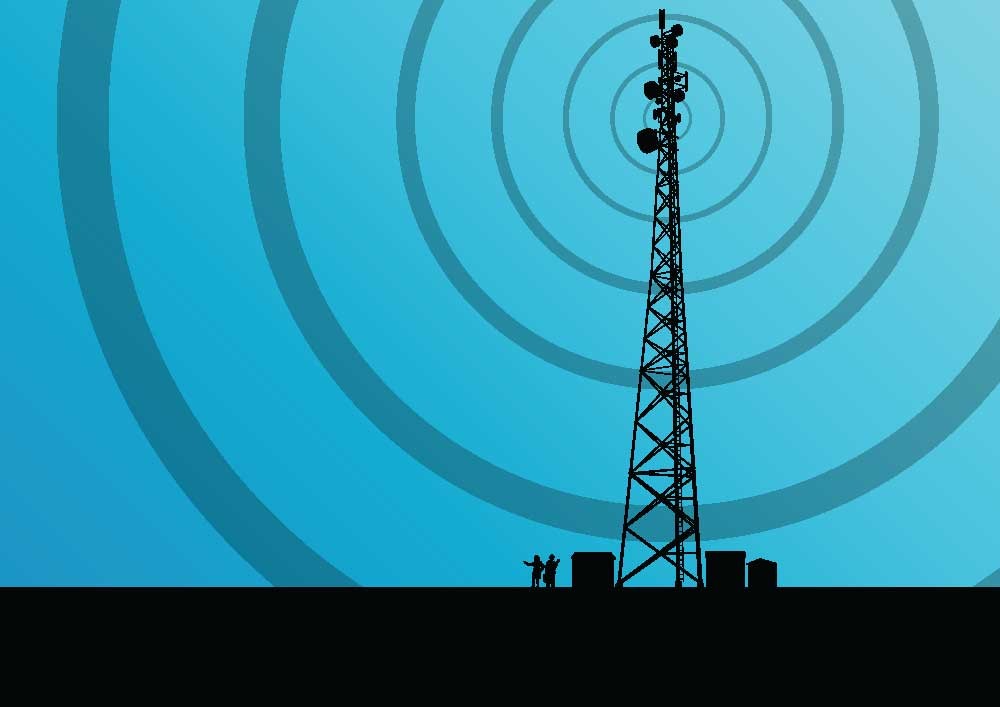Last Updated on January 22, 2025 by Alarm New England
No one wants to think about the scary “what-ifs” that exist in today’s world, but the truth is there are situations in which you may need help right away and being prepared for these types of events could save your life.
Panic buttons are a great safety and security option for both businesses and home residences as a way to be prepared for a time when quick response time is a must.
What is a Panic Button?
A panic button is a small, strategically-placed device that allows you, a loved one, or employee, to quickly call for help in the event of an emergency. The device features a button and can take different forms depending on whether it’s used in a home or business. When tied to a reliable alarm monitoring system, they get the fastest response times from the police.
In a business, like a bank or retail store, panic buttons are often located under a desk or counter for quick and easy access and deployment.
If being used in a home, many panic buttons are designed to be worn as a necklace around the neck, so it is always within reach.
Panic Buttons for Businesses
A panic button located inside a business is typically used as a security measure should the business ever experience a robbery or other dangerous situation in which the police need to be deployed to the scene.
There are two different types of panic buttons used for business locations; silent or audible. Each business and their needs are different, so it is important to discuss which variation will work best for your business.
A silent alarm will be completely discreet, meaning the perpetrator will likely not know that someone engaged the alarm. This helps police catch the the robber by surprise.
An audible alarm, on the other hand, will sound an alarm that everyone will be able to hear, including the perpetrator. Audible alarms are a great way to alert others in the building of danger so they can seek shelter or evacuate.
The sound of the alarm may scare the perpetrator off or it may upset them to a point where they lash out and cause harm to those inside the building. Each business needs to determine the possible scenarios they may face and choose the right panic button for their needs accordingly.
What Businesses Need Panic Buttons?
Aside from the obvious ones, like a bank or convenience store, should other businesses have a panic button? Yes, because we’ve seen how panic buttons save lives.
Even a small business with only a few employees and rare foot traffic through their door can find itself in a situation in which police or firemen need to be dispatched immediately. Quick access to a panic button allows your employees to have a first line of defense against any potential threat. This includes protection from fires or other environmental hazards.
Your employee’s safety is your number one priority, installing panic buttons will give both you and your employees peace of mind that they can use this countermeasure to get out of a dangerous situation.
Panic Buttons at Home
Emergencies in the home happen surprisingly often, especially when it comes to the elderly and those with a disability or other condition. Panic buttons are a fantastic way to help seniors feel safe.
One of the best ways to ensure their safety and quick access to emergency responders is to wear a panic button on your person.
A panic button, or medical alarm, is one of the easiest and most convenient ways to get an emergency responder to your residence in a time of crisis.
Who Should Have a Panic Button in Their Home?
Home panic buttons are mainly geared towards the elderly as they are more prone to emergency situations in which they may not be able to go get help such as a bad fall. However, anyone with a disability or pre-existing condition that could land them in a situation where they are unable to reach a phone and call for help should have one.
Seniors, or those over the age of 65, are at a high risk for falls. If you are in your home alone and you fall and are unable to get up, having a panic button at the ready will ensure that help is on the way.
Those at risk of having a stroke or heart attack should also consider a panic button for their home. Your chance of survival for either of these conditions is greatly increased if you are able to get medical assistance quickly.
With help only a press of a button away, you can feel safe knowing that if you have an emergency, help is immediately on its way.
When to Get a Panic Button
There are several factors that play into when you should get a panic button for your home. Don’t wait until after a disaster to implement this safety measure. If you fall into any of the following categories, you should consider getting a panic button for your home:
- You live alone
- You are over age 65
- You have a history of slips and falls
- You have a history of stroke and/or heart attack or are at high risk as determined by your doctor
- You have a disability that impairs your ability to get around safely
- You have a condition that causes seizures, such as epilepsy
Panic buttons save lives on a daily basis. You and your family can breathe a little easier knowing that in the case of an unfortunate emergency event in your home, access to help is just the press of a button away.



 The term cellular refers to how the control panel communicates with your security company’s alarm monitoring center, also known as cellular monitoring. These cellular-based security systems use mobile cellular networks—instead of phone lines—to contact the
The term cellular refers to how the control panel communicates with your security company’s alarm monitoring center, also known as cellular monitoring. These cellular-based security systems use mobile cellular networks—instead of phone lines—to contact the 




